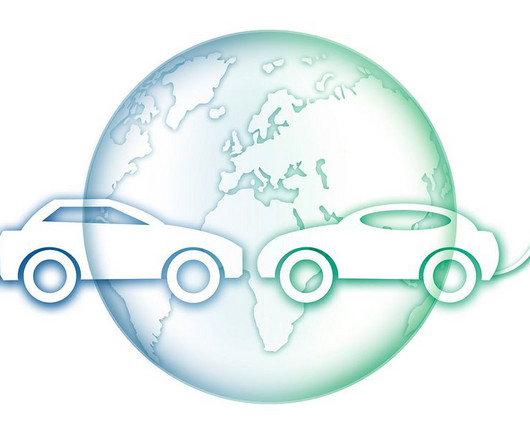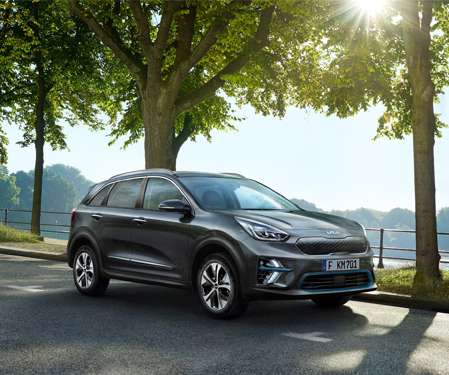Study finds car dealerships pose significant barrier to EV adoption
Green Car Congress
MAY 25, 2018
In 126 “mystery shopper” experiences at 82 car dealerships across Denmark, Finland, Iceland, Norway and Sweden, the team found that that dealers were dismissive of EVs; misinformed shoppers on vehicle specifications; omitted EVs from the sales conversation; and strongly oriented customers towards gasoline and diesel vehicle options.













Let's personalize your content